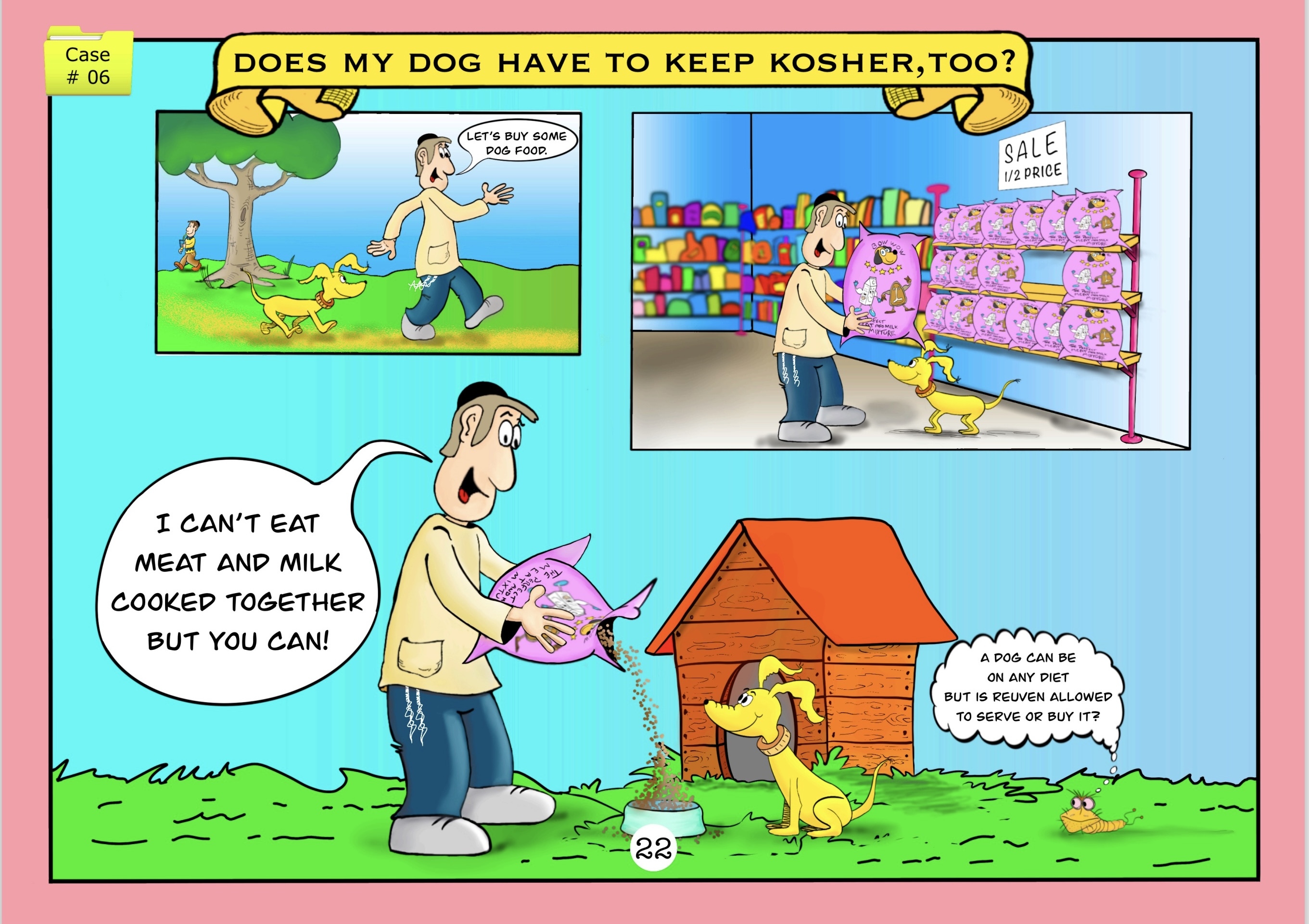Moshe and Aaron did as Hashem commanded, and he (Aaron) raised the staff and struck the water that was in the Nile before the eyes of Pharaoh and before the eyes of his servants, and all the water in the Nile turned to blood.
And all the fish in the Nile died and the Nile became putrid; the Egyptians could not drink from the Nile and there was blood throughout the entire land of Egypt.
And the necromancers of Egypt did likewise with their secret rites, and Pharaoh's heart was steadfast, and he did not heed them, as the Lord had spoken. (Shemos 7:20-22)
Rashi: and Pharaoh’s heart was steadfast: saying, “You are doing this through sorcery. ‘You are bringing straw to Aphraim,’ a city that is full of straw. So too you bring magic to Egypt, which is [already] full of magic.” - from Shmos Rabbah 9:11, Men. 85a]
Does creating even more blood and frogs make Pharaoh “right?” Weren’t the Egyptians suffering enough without more trouble from their own king? One would expect that Pharoah would try to save whatever little water that could be found! Frogs are hopping on every square inch of land, why bring in more? We can explain Pharoah’s behavior with a moshal:
One day two foolish men got into a bitter argument and neither one would listen to logic. The bigger of the two decided a show of force would change the smaller one’s mind so he picked him up with one hand and threw him hard against a wall. The smaller man slowly got to his feet, looked the stronger one in the eye and said, "You think might makes right? Well watch this!" He backed away from the wall, then turned and charged full speed into it, knocking himself out. He finally rose again, barely able to stand and said to the other man, "Now who’s right!"
Pharaoh's behavior during the ten plagues is like the smaller man’s in the story. We see this clearly with the first two plagues. Pharaoh does not listen to reason so Hashem uses force by turning water into blood. But rather than conceding to Hashem, Pharaoh refuses to be intimidated. He sends his magicians to buy water and demonstrates that he can also turn it into blood. Next comes the plague of frogs and again Pharaoh scoffs at Moshe Rabbeinu. "You think you're special--watch this!" He then commands his magicians to make frogs from dirt.
We see from the start that Pharaoh is willing to hurt himself and his people rather than accept Hashem as the Ultimate Ruler. Pharaoh is running full speed into a brick wall in order to prove he is the one in control, not Hashem. Had Pharaoh immediately acknowledged the truth he could have spared his entire nation pain, suffering, and death. He preferred to drown in his own denial.
There is an inborn desire to be right all the time. Everyone wants to do the right thing and we have many ways of convincing ourselves that we are right even against overwhelming evidence to the contrary. But there are some people who are even willing to hurt themselves physically and spirituality rather than admit they are wrong and work on correcting themselves. How often have we caused ourselves and others pain by holding on to our own point of view, compounding it with one cover story after another?
The ultimate act of denial is when a person actually make his situation worse in order to maintain his position. The sad result is that by fooling himself and others with one pretense after another pain and cover ups becomes a way of life. Ultimately, even Hashem will lose faith in him, leaving such a person to live a sad broken life until he repairs the damage done.
The quickest way out of the downward spiral of denial is to embrace the truce which in turn brings heavenly assistance and success in life. This is the ultimate act of freedom!
Over the years people have asked me if I would ever draw cartoons depicting some of the cases found in Yora Daya. Well, the answer is yes! I recently published a sefer called The Great Game of Kashrut. Click on the link to find out more: The Great Game of Kashrut

To order a copy of The Great Game of Kashrut follow this link: The Great Game of Kashrut
If you would like to dedicate a Davar Torah in honor of a special occasion or in memory of a beloved family member please contact Yisroel Simon at yisroel@judaism613.com.
Good Shabbos,R’ Channenjudaism613.org